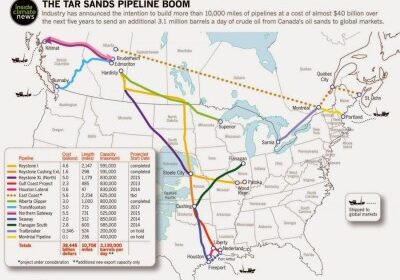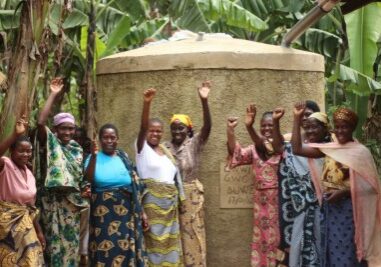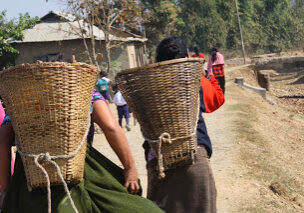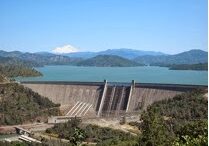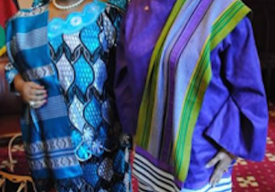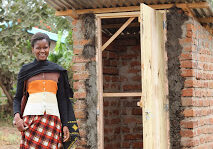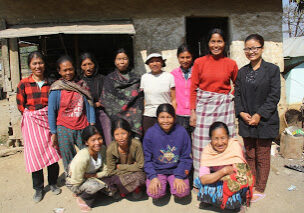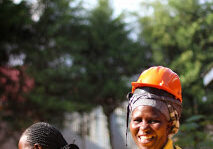- All
- Updates
- WEA Voices
- In the News
The Long Arm of the Tar Sands: The Alberta Clipper Pipeline
By: Kahea Pacheco (Advocacy Network Coordinator) and Sophie Sparksworthy (WEA Intern) “[We recognize] that the tar sands in northern Alberta, Canada is one of the largest remaining deposits of unconventional oil in the world, containing approximately 2 trillion barrels, and there are plans for a massive expansion of development that would ultimately destroy an area…
Congress Passes Bi-Partisan Bill with $50 Million Increase for WASH
By Gemma Bulos, GWWI Director Last year, I was honored to present GWWI’s work at the historical launch of USAID’s Water and Sanitation Development Strategy alongside Senator Richard Durbin, Senator Chris Coons, Congressman Earl Blumenauer, Congressman Ted Poe and USAID Administrator Rajiv Shah and USAID Global Water Coordinator Chris Holmes. This was a significant milestone…
Recognizing Women’s Leadership to Mitigate Conflict & Climate Change
By: Rucha Chitnis, Director of Grantmaking (@ruchachitnis) Manipur, a state in India bordering Burma, is part of the “Seven Sisters” — seven contiguous states in Northeastern India, known for their rich ethnic diversity, bountiful natural resources, as well as political conflict and turmoil. For over 50 years now, Manipur has been bound by the controversial…
The Winnemem Wintu and the fight for the McCloud River
By Kahea Pacheco (Advocacy Network Coordinator) and Molly Garritson (WEA General Intern) “The salmon are an integral part of our lifeway and of a healthy McCloud River watershed. We believe that when the last salmon is gone, humans will be gone too. Our fight to return the salmon to the McCloud River is no less…
Leading from a Place of History and Learning
By Kahea Pacheco, WEA Advocacy Network Coordinator I grew up in a tiny, rural town on the Hamakua Coast of the Big Island of Hawai’i called Honomu. We are maybe 550 people large, and are a remnant of the old sugar plantation days when the Big 5 sugar companies were king and villages would crop…
World Toilet Day: Everyone Goes But Not Everyone Has a Place to Go
By Women’s Earth Alliance, GWWI Director, Gemma Bulos Believe it or not, there are more people in the world that have cell phones than toilets! Which means more people can make a phone call or send a text than access a toilet. This has significant impact on public health. Biological contamination and the presence of…
Weathering the Storm: Gender Dimensions of Haiyan & Climate Change
Rucha Chitnis: Director of Grantmaking, Women’s Earth Alliance @ruchachitnis As Philippines grasps the devastating scale of the destruction unleashed by Super Typhoon Haiyan, the global community must prioritize those who are being disproportionately impacted by this natural disaster—women and girls. The typhoon has impacted over 11 million people and aid gridlocks are paralyzing relief…
Women Water Champions Partnering Across the World
“Can you train my wife to do what you do?” was a common question Grace Mushongi of Bukoba Women’s Empowerment Association would hear from some of the local men while she was building rainwater harvesting systems and tanks in villages around Bukoba, Tanzania. Even her husband bragged to the masons who were building their house…

